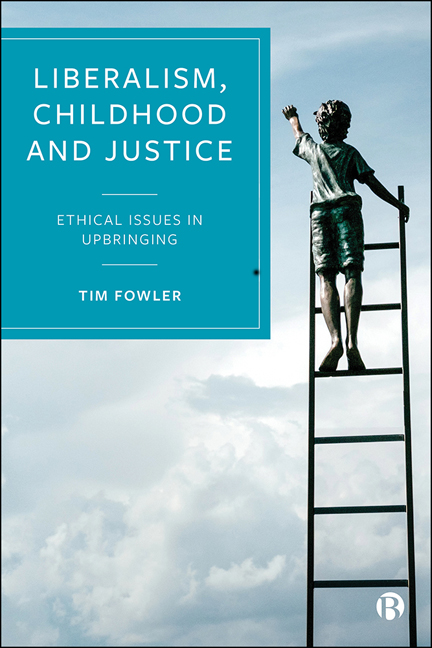3 - The Currency of Children’s Justice
Published online by Cambridge University Press: 25 February 2021
Summary
In this chapter I discuss the appropriate currency of children's justice, meaning what things count towards saying one child is advantaged or disadvantaged relative to another for the purposes of justice. While the question is abstract, it is one that confronts policy makers as well as theorists. For instance, the goal of equalizing children's ‘life chances’ has been a theme of recent political discourse in the United Kingdom. Making sense of this aspiration requires an account of what life chances are and how to assess whether two children have equality in this respect. Broadly speaking, there are two leading answers to the currency question. Resourcists believe that justice is about the distribution of all-purpose goods which contribute to people's ability to pursue their plans, welfarists believe that justice must be concerned more directly with how well people's lives are going. In this chapter I defend welfare as the appropriate metric in the case of children. While versions of resourcism often work very well in the case of adults, they fail when applied to children.
Two bad answers: measuring money and happiness
Here I briefly discuss two popular but unpersuasive answers to the currency question. According to the money view, the right metric of justice is material resources. People who have more wealth or income are advantaged relative to those who do not have such resources. The happiness view counts being advantaged or disadvantaged in terms of subjective mental states. People who feel ‘happier’ are better off than those who do not. While both these accounts have been influential in policy frameworks, each must be rejected.
The problem with the money view is that it misses far too many things that seem relevant to assessing a child's relative situation compared to others. Consider the following example:
Inequality: Two children, Alan and Bill, live in households with equal wealth and income. However, Alan lives in a smoggy area that causes him to become ill, he is generally neglected by his parents and his teachers do nothing to encourage his interest in art or music. Bill has excellent health, an excellent quality of care and a school that provides him with extensive extra-curricular activities.
Given the differences in their lives it would be absurd to conclude that the two children have similar levels of advantage.
- Type
- Chapter
- Information
- Liberalism, Childhood and JusticeEthical Issues in Upbringing, pp. 17 - 30Publisher: Bristol University PressPrint publication year: 2020

